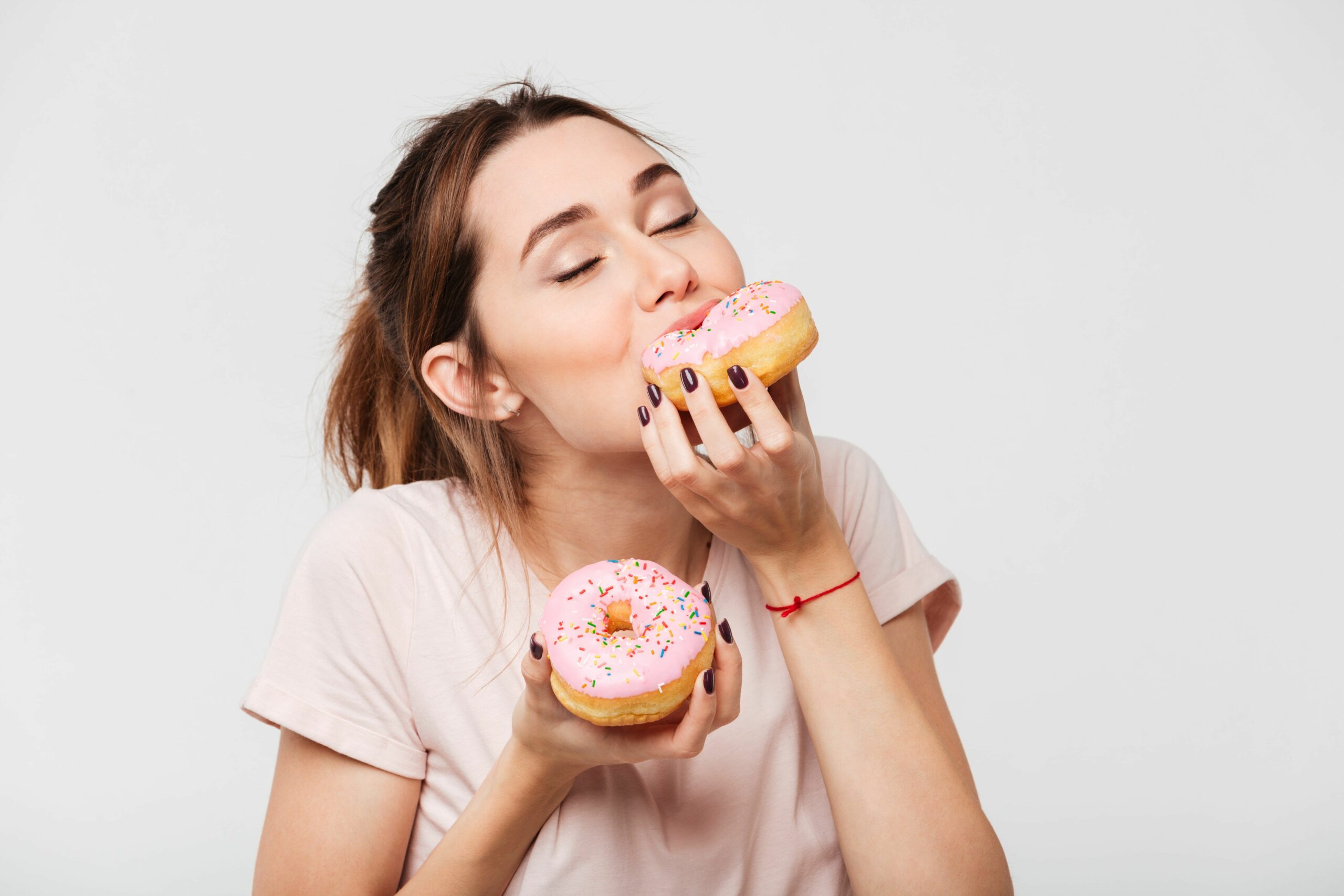Cannabis is well-known for triggering intense cravings, often leading to the phenomenon known as “the munchies.” This appetite boost is rooted in the complex interactions between cannabinoids and the brain’s hunger pathways. Read on to learn more.
The munchies. If you’ve consumed cannabis, you’ve most likely had a similar experience to this: You smoke some flower and suddenly you’ve finished all the chips in the house, eaten a block of cheese and ordered a large pepperoni pizza. You wake up the next morning knowing full well why you don’t feel great.
There’s a scientific explanation for the munchies and even research into ways to counter their effects. If you can see past the junk food rampage, you may even come to know that the munchies can be a good thing.
The term “munchies” comes from Charles T. Tart’s 1971 study, “On Being Stoned,” in which 150 cannabis users were observed after consuming cannabis. Their cravings for sweet foods were duly noted by researchers as the high progressed for each person.
Since then, the word “munchies” has worked its way into the popular vernacular, used wryly just before the cupboard or refrigerator door opens.
The Science Behind Marijuana Munchies
When it comes to getting the munchies, it seems the cannabis culprit is one of its principal psychoactive ingredients, tetrahydrocannabinol, or THC.
“THC interacts with receptors in our brain that regulate emotions, pain, and our sense of smell and taste,” explains Janice Newell Bissex, a registered dietitian in a CNN interview. “It can also promote the release of the hormone ghrelin, which stimulates hunger.”
The brain itself is divided into areas that control mood, influence appetites, and so on. So as THC gets us high, it also acts upon the part of the brain that tells us to eat more.
Besides ghrelin, our endocannabinoid system (ECS) can also influence appetite. This system includes cannabinoid receptors in the central and peripheral nervous system and the immune system. The ECS is also associated with inner balance, or homeostasis. These receptors, especially the CB1 receptors, are found in great concentrations in parts of the brain that affect memory, movement, emotions, higher cognition and appetite.
As THC binds with CB1 receptors, appetite increases, and the act of eating is made more pleasurable. In conjunction with this, the feeling of becoming full (which in other cases might make us stop eating) is reduced.
THC can also improve smell, which is linked to appetite, as well as improve taste.
Marijuana, Munchies and Weight Gain
Of course, marijuana itself won’t make us fat. But if we give into the munchies and couch-lock often, we might start to pack on the pounds. It’s been shown that people who are already overweight may be more motivated to eat during cannabis use, especially since they may be prone to having a higher dopamine response triggered by seeing, smelling and tasting desirable foods.
Some edibles have sugar in them, so this may also contribute to weight gain. But they also may be less culpable in creating the munchies response, since they release THC into the system much slower than the hit you get from smoking marijuana.
One way to curb the munchies is to limit your THC intake. This is one of the benefits of going to a legal marijuana retail outlet where products are required to be lab-tested and labeled with the percentages of CBD and THC in them.
To flip the script, there’s also evidence that cannabis can help boost your metabolism and even burn calories. On average, cannabis users tend to weigh less than people who forgo it.
And there is even a certain cannabinoid within cannabis, THCV, or tetrahydrocannabivarin, that may be able to suppress the munchies. THCV is found in great abundance in flower strains such as Durban Poison and other native African strains.
But if you’re concerned about eating the wrong things after consuming your marijuana, then it’s a good idea to prepare and stock your home with healthy alternatives. For example, baked sweet potato fries are a great substitute for deep-fried French fries or a whole bag of potato chips. Or to satisfy a craving for salty-sweet foods, have apple slices with almond butter available instead of a jar of Nutella
How the Munchies Can Help
On a more serious note, marijuana’s ability to stimulate the appetite comes in handy to counter the effects of various medical conditions that weaken the desire to eat, as experienced by cancer patients undergoing chemotherapy or people suffering with HIV.
Sick people often cannot eat enough food to stay healthy, and the critically ill can suffer from malnourishment. In many cases, these people would welcome a chance to get the munchies and to see their waistlines and health prospects grow.






